Hormones are the messengers of our bodies. They tell us how much energy or stress we have, what foods to eat and when, whether it’s time for a baby or not, and many other things. Hormones affect everything from mood to memory to bone density. That’s why it is so important that they stay balanced in every person!
Hormonal imbalances can cause symptoms like low sex drive, difficulty sleeping, anxiety, and depression – all of which make life more difficult than necessary. Fortunately, there are foods that naturally provide the body with estrogen it needs to regulate hormonal cycles, reduce hormone-related cravings, and increase sex drive! This article will cover foods you can incorporate into your diet to help balance your hormones, foods that increase estrogen production, foods that reduce estrogen production, foods rich in progesterone, and foods to avoid.
Contents
Foods that Help Balance Hormones
Cruciferous vegetables
Broccoli and broccoli sprouts are superstars when it comes to metabolizing estrogen in a healthy and efficient manner. Cauliflower, Brussels sprouts, kale, cabbage, and bok choy are all cruciferous vegetables. Consuming them on a daily basis is one method to prevent estrogen-dominant cancer. Try roasting them with a drizzle of olive oil, which helps to enhance the absorption of vitamins A, D, E, and K.
Salmon and albacore tuna
Hormones are composed of fat and cholesterol. Estrogen and testosterone are sex hormones that require cholesterol to form. The goal is to consume lots of omega-3s and little amounts of saturated fats (and trans fats). Salmon, canned albacore tuna, walnuts, flaxseeds, olive oil, avocados, and chia seeds are high in omega-3 fatty acids.
Salmon is high in vitamin D, which helps to regulate female testosterone levels. Fish contains healthy fats that improve overall hormonal communication. The endocrine system communicates with the brain via hormones, which improve our mood and increase our cognitive abilities.
Fruits
Blackberries are known for being high in antioxidants, but they do more than fight disease – they also increase estrogen production! This means blackberries will help balance hormones naturally. For maximum benefit, be sure to eat the entire fruit instead of drinking juice.
Strawberries are another superfood that helps to balance hormones. Strawberries are high in vitamin C, which aids estrogen production. They also contain ellagic acid which helps to eliminate unnecessary estrogen (to avoid estrogen dominance).
Blueberries are another great choice of fruit that helps balance hormones naturally. They offer natural protection against cancer and heart disease while stabilizing hormone production for menopausal women.
Seeds are another natural source of estrogen. Flaxseeds have been shown to regulate hormones naturally by maintaining levels of sex hormones, including testosterone and estrogen.
Beans
Legumes are high in plant foods that contain phytoestrogens. These foods help to balance the hormone “messages” sent between organs in the body. Beans are one of the foods that can help balance hormones naturally. Navy beans, lima beans, soybeans, kidney beans, lentils, black-eyed peas, and pinto beans are all high in phytoestrogens.
Avocados
Avocados are high in beta-sitosterol, a chemical that can improve blood cholesterol levels and help regulate cortisol. Avocados also contain plant stanols, which boost estrogen and progesterone, the two hormones that control ovulation and menstrual cycles. Avocados have been shown to increase hormones that promote satiety, including peptide YY (PYY), cholecystokinin (CCK), and glucagon-like peptide 1 (GLP-1), in a 2019 study. Add half an avocado to your breakfast or lunch to help you stay full for hours, or use avocado in these healthy avocado recipes.
High-fiber carbohydrates
Whole grains are full of fiber. Fiber is incredibly important for hormone regulation. Fiber binds to estrogen in the digestive tract and reduces its absorption, thus reducing estrogen dominance. Make sure you’re getting your daily fill with foods like lentils, quinoa, brown rice, whole-wheat foods, barley foods, oatmeal foods, and foods like fruit and vegetables.
Increased fiber, as well as lignans found in flaxseed, aid in the binding and elimination of unbound active estrogens. Make a quarter of your plate starchy vegetables such as potatoes or whole grains at every meal. New York City-based nutritionist/dietitian RD, a dietitian and hormone expert at Isabel Smith Nutrition and Lifestyle, adds that vegetables like carrots, sweet potatoes, and squashes can all be beneficial. Whole grains and beans are also good for you. Some carbs, on the other hand, can help to balance hormones like melatonin and cortisol. In reality, some carbohydrates may really assist with high cortisol levels.
Prebiotics and probiotics
Probiotics are beneficial bacteria found in the gastrointestinal tract, while prebiotics is fibrous foods that these microorganisms ingest to grow. The gut is the body’s largest endocrine gland and produces and synthesizes more than 20 hormones that influence appetite, fullness, and metabolism. Raw garlic and oats, asparagus, dandelion, almonds, apples, bananas, Jerusalem artichokes, and chicory are all high-prebiotic foods that we recommend. You also need to add probiotics such as kimchi and yogurt.
How do foods affect hormone production?
Food may have direct effects on hormones by acting on the gut, via neurological reactions, changes in blood metabolite concentrations, or as a result of fluctuations in circulating gut hormone levels. The diet’s composition, as well as its texture, quantity, and length, are all crucial. Endogenous growth hormone (GIP) and insulin are used to represent hormones that are produced and secreted dependent on nutrition. The possibility that they may be involved in the development of obesity and non-insulin-dependent (type 2) diabetes is addressed.
Foods To Avoid for Hormone Balance
To avoid hormone imbalances, eat less processed foods, fried foods, sugar, and artificial sweeteners, and drink less alcohol. Downing artificial sweeteners may alter our gut bacteria, which might alter the balance of hunger and satiety hormones leptin and ghrelin, according to research.
Alcohol leads to a wide range of hormonal disruptions, including blood sugar management and estrogen metabolism. Booze is linked to an increased risk of breast cancer and other illnesses. If you’re a woman, limit yourself to no more than one drink per day, and if you’re a man, limit yourself to no more than two drinks each day.
Avoid Sugar and Refined Carbs
Sugar and refined carbohydrates have been linked to a slew of illnesses. In fact, eliminating or reducing these foods might help to improve hormone function and prevent obesity, diabetes, and other illnesses.
Fructose has been linked to increased insulin levels and insulin resistance in numerous studies. Especially in overweight and obese persons with prediabetes or diabetes, it has been shown to cause hyperinsulinemia and insulin resistance.
Stress Management, Enough Sleep, and Exercise
Getting the appropriate amount of sleep, reducing stress, and exercising on a regular basis are all important for hormone equilibrium. Sleep deprivation alters testosterone levels in males, and inadequate sleep impairs leptin and ghrelin function.
Chronic stress causes the body to release higher amounts of cortisol, which decreases digestive and immune function and can lead to high blood pressure. Carb cravings are also caused by cortisol. Norepinephrine and serotonin levels are increased through exercise, meditation, sleep, and eating chocolate (we like that suggestion). Norepinephrine gives you more energy, and serotonin is the “feel good” hormone.
Conclusion
Hormones affect growth and development, metabolism, digestion, fertility, stress, mood, energy, appetite, weight, and more.
For optimal health, we should eat foods that naturally provide the body with the estrogen it needs to regulate hormonal cycles and reduce hormone-related cravings. We also need foods that help balance our hormones!
Read More About:
Introduction to hormone-Balancing: definitions, symptoms and supplements

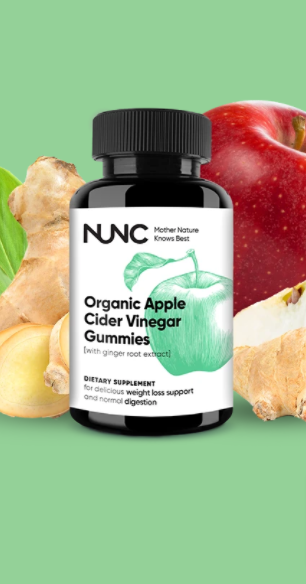



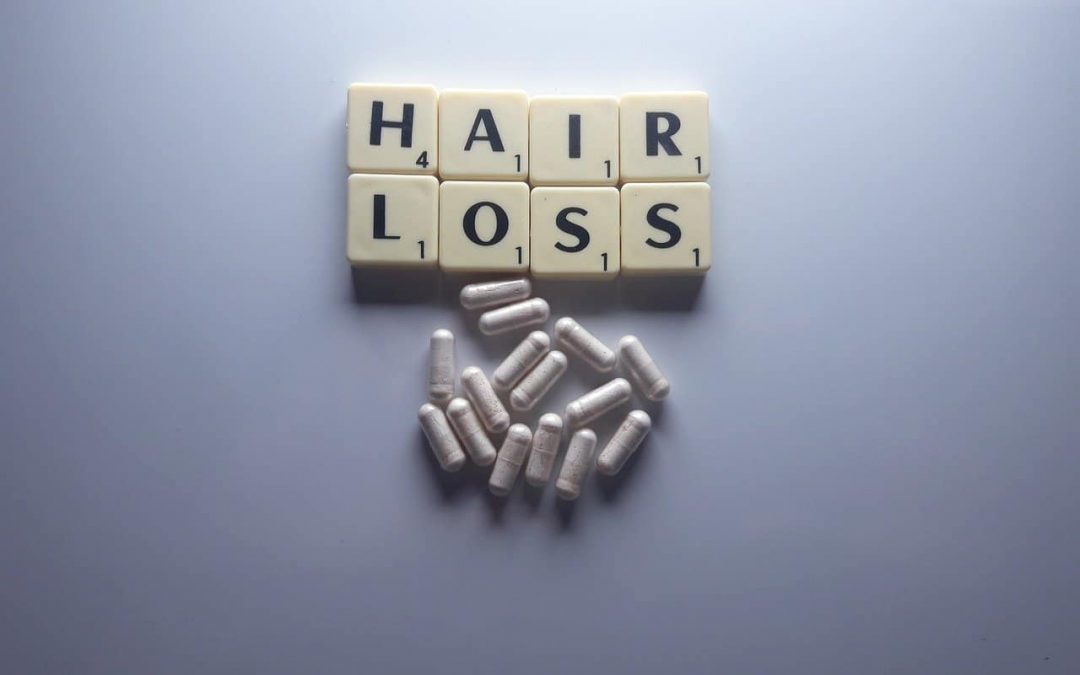
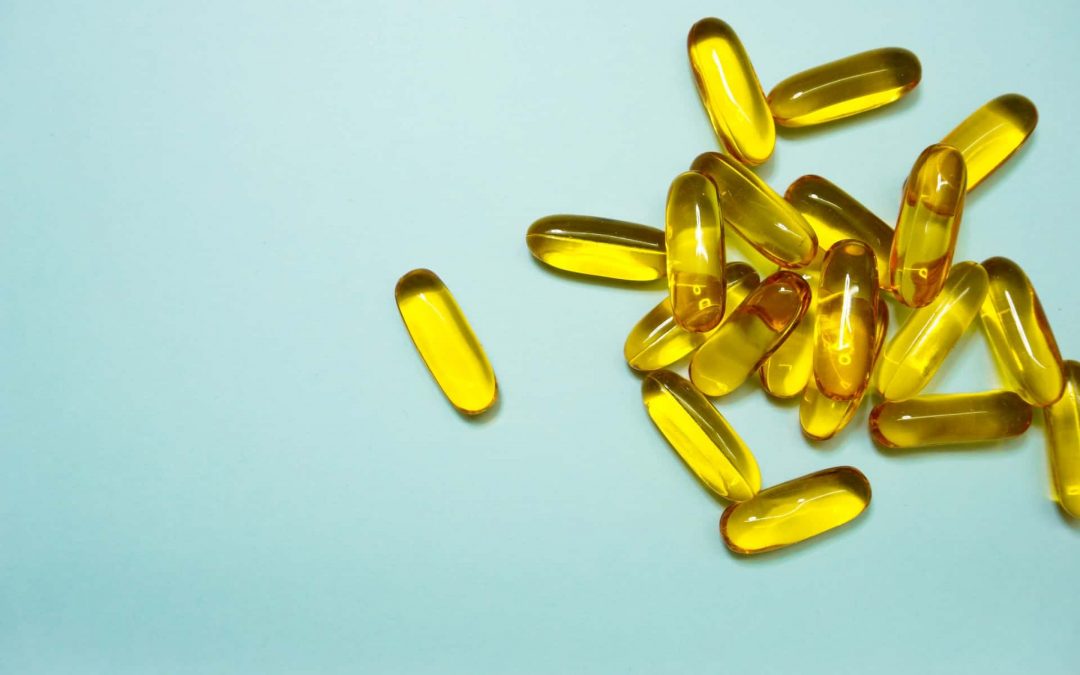
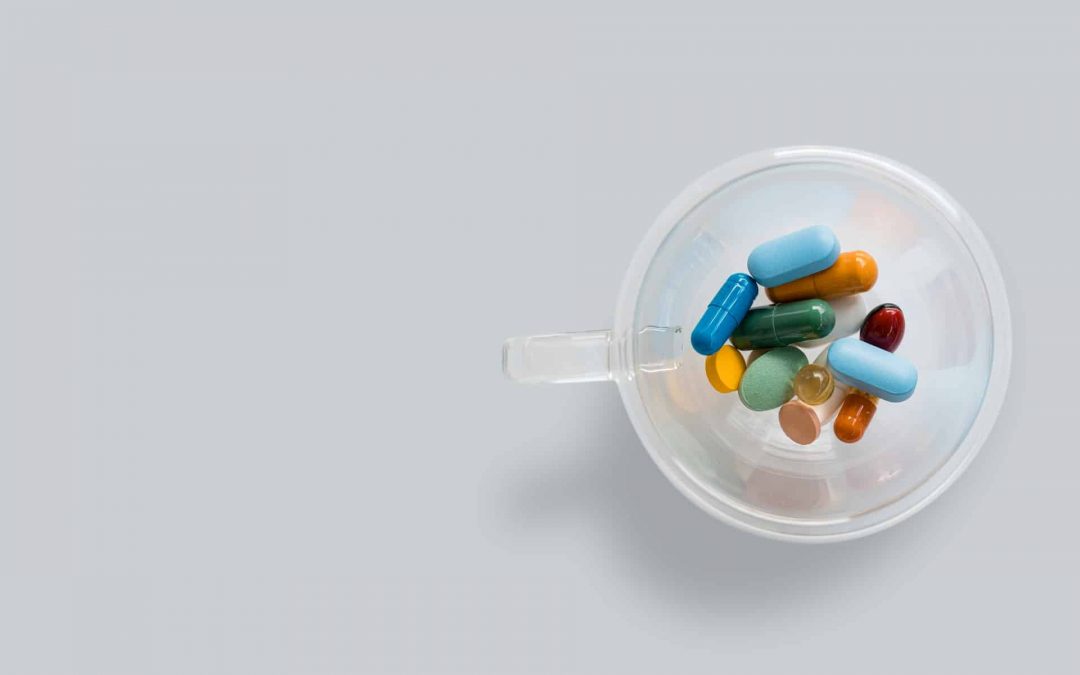

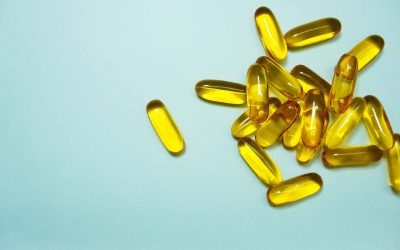
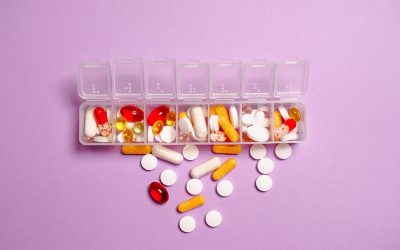
0 Comments